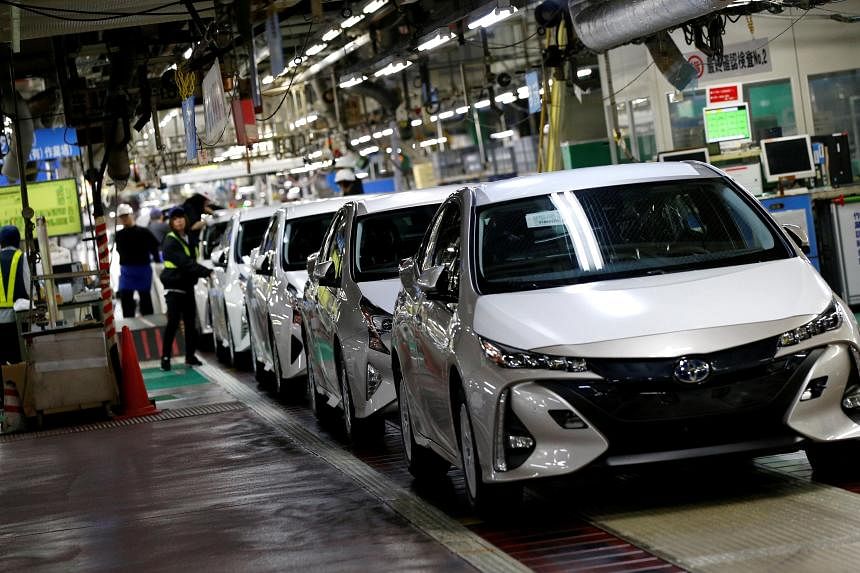I drove my new Toyota hybrid to Kuala Lumpur recently and was surprised that its fuel consumption on the Malaysian highway was poorer than what it clocked in Singapore. I thought cars are more efficient when they are travelling on open roads.
The main reason hybrid cars – which usually run on a petrol engine paired with one or more electric motors – are efficient is because they are able to recover energy lost in braking and coasting.
The recovered energy is stored in the vehicle’s battery and summoned to drive the motor or motors when you start off from the lights or go at low speeds. In this electric drive phase, its engine is usually dormant and thus not consuming any fuel.
But on the highway, a hybrid will not have much opportunity to recover lost energy or call upon its motors, as there is far less stop-start driving involved. Hence, it loses its advantage over non-hybrids.
Furthermore, hybrids are typically heavier because of their electric drivetrain and battery. This acts against its efficiency too.
For similar reasons, electric vehicles are also rarely at their most efficient on highways. The faster they go, the more energy-hungry they are.
Hence, if you are planning a road trip in an electric vehicle, you should factor this range degradation into your planning. You are unlikely to have the same range as you do in Singapore.


